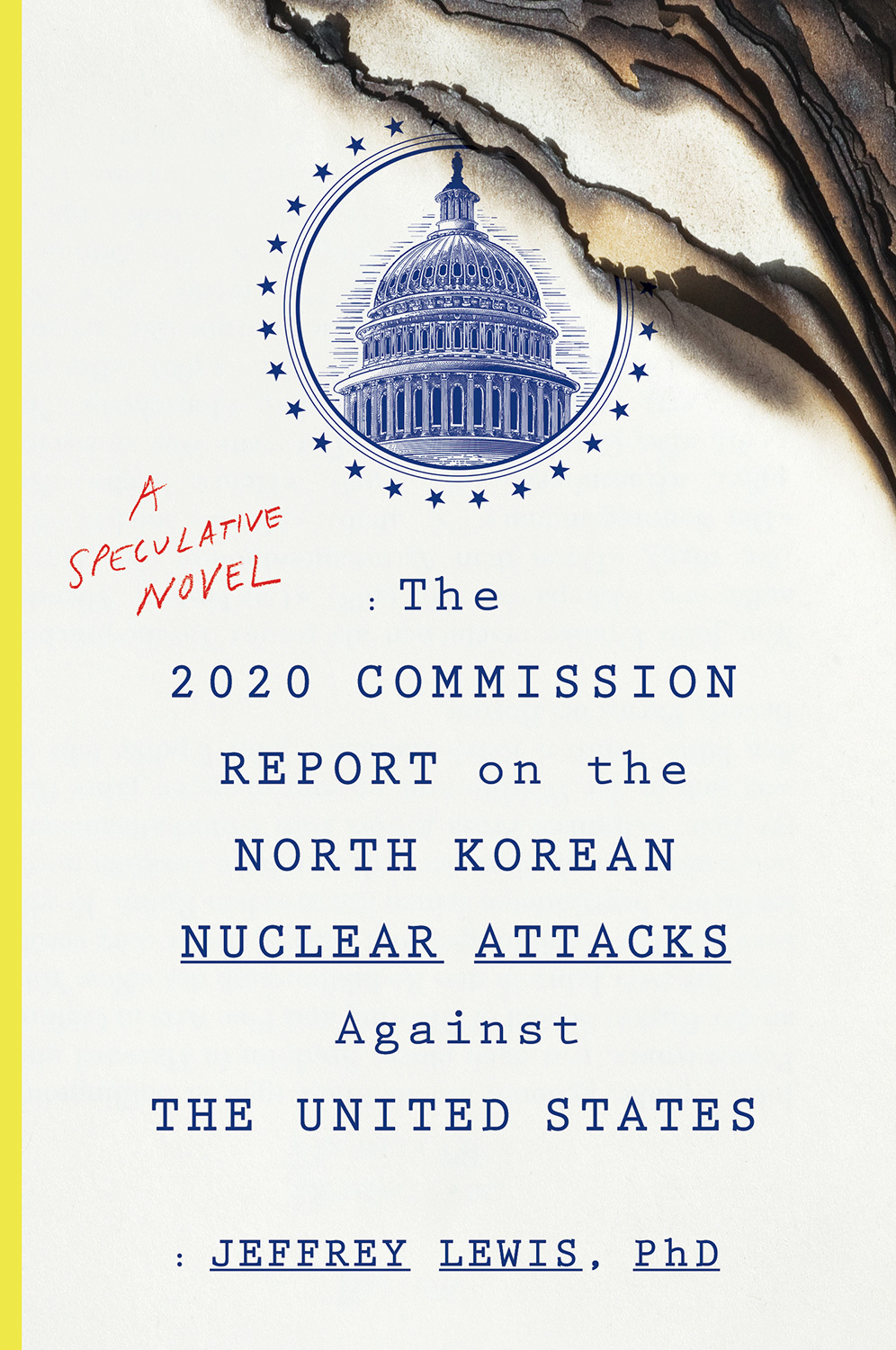What do you think?
Rate this book


304 pages, Paperback
First published August 7, 2018
"It was weird," one aide explained. "Normally we just didn't correct him, especially not when it was an excuse not to do something crazy. But now, all of a sudden, all this stuff was working against us. And we didn't know how to push back."